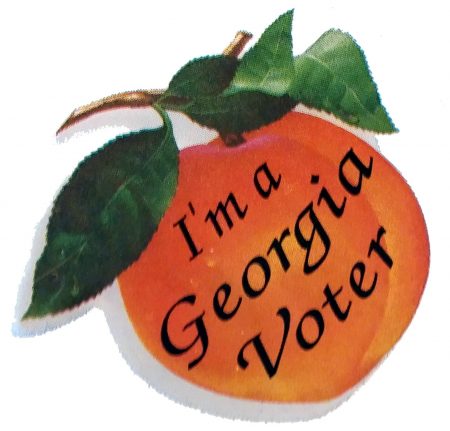Why and how to vote in your midterm elections
- Gabrielle Delima

- Sep 14, 2021
- 2 min read
By Gabrielle Delima, Vice President, EScAN (@Gabs_InFLUence)
The 2020 Presidential election had the highest voter turnout in U.S. history, and now we don’t have to worry about voting for another 4 years, right? Wrong! While the highest elected office won’t be up for election again until 2024, there are positions at the federal,
state, and municipal levels that will be up in the meantime. Despite these positions having a substantial impact on your day to day life, they tend to get less turnout than the larger national races. Only 40-50% of eligible voters participated in mid-term elections compared to 54-67% in presidential elections from 2000 to 2020.(1) A 2016 study looking at the 30 largest cities across the U.S. found that, on average, only 20% of eligible voters participated in the most recent mayoral election.(2) This may partially be due to many cities holding mayoral and other municipal elections during the “off-cycle,” the years where there are no mid-term or presidential elections. Although the intent was to focus attention on local issues, rather than be overshadowed by state or national politics, the lack of publicity may result in less public awareness about local races.(2)
Since staying up to date with local politics is no small task, here are ways you can find out about elections taking place in your area.
1. Official Government Resources
Find information about upcoming elections through your city, county, state, and federal offices. There are often local election authorities at each of these levels where you can get information on upcoming elections either through their official website or office.
· Find your local election office by state: https://www.usa.gov/election-office
2. Local Media
Your local newspaper and news stations are more likely to give more consistent coverage and attention to local politics and elections than larger outlets. They can also be a good way to learn more about candidates and key issues in your area.
3. Voter Websites
There are some great websites that compile election information for you. Simply enter in your address or city and state, and the website pulls up the election dates and candidates in your area.
· Sample Ballot lookup: https://ballotpedia.org/Sample_Ballot_Lookup
· Election calendar by state: https://ballotpedia.org/Elections_calendar
· Election Dates/deadlines: https://www.usvotefoundation.org/
The best way to ensure you have the most up-to-date and accurate information about upcoming elections is to use a combination of all these methods. Cross-reference your sources, investigate any inconsistencies between dates or candidates, and check publishing dates to make sure you are looking at information relevant to the current or upcoming election cycle.(3) By getting information from multiple reliable sources and staying current with each election, you lessen the likelihood of missing a registration or voting deadline and make yourself a more well-informed voter!
Below are some Georgia and Metro Atlanta specific resources:
· GA Secretary of State election page: https://sos.ga.gov/index.php/elections
· GA state election/voter registration calendars: https://sos.ga.gov/index.php/elections/elections_and_voter_registration_calendars
· GA online voter registration portal: https://www.mvp.sos.ga.gov/MVP/mvp.do
· GA County specific election sites:
o Gwinnett: https://www.gwinnettcounty.com/web/gwinnett/departments/elections/absenteevoting-civilians
References
1. MIT Election Data & Science Lab. (2021, April 28). Voter turnout. https://electionlab.mit.edu/research/voter-turnout.
2. Jurjevich, J., & Keisling, P. (2016, November 10). What can cities do to increase voter turnout in local and mayoral elections? Medium. https://medium.com/@whovotesformayor/what-can-cities-do-to-increase-voter-turnout-in-local-and-mayoral-elections-d22ab7ed293d.
3. How to find information about local elections. (n.d.) Ballotpedia. Retrieved September 6, 2021 from https://ballotpedia.org/How_to_find_information_about_local_elections.







Comentários